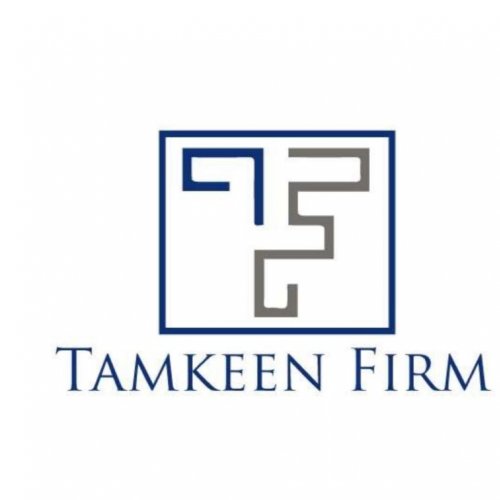Best Legal Document Lawyers in Tripoli
Share your needs with us, get contacted by law firms.
Free. Takes 2 min.
List of the best lawyers in Tripoli, Libya
About Legal Document Law in Tripoli, Libya
Legal documents in Tripoli, Libya, are essential instruments that support activities like transactions, agreements, or legal proceedings, among many others. The Libyan legal framework is grounded in a mix of civil law, Islamic law, and customary law. Ensuring your documents adhere to these legal principles is vital for their validity.
Why You May Need a Lawyer
Although some legal documents may seem straightforward, the subtle nuances of Libyan law can lead to misunderstandings and serious legal complications. Hiring a lawyer can help you draft, review, and understand legal documents; ensure that your interests are protected; and navigate the complexity of Libyan legal procedures and requirements.
Local Laws Overview
Libyan law puts great emphasis on documenting legal relationships and transactions. Key aspects include accurate record-keeping, strict adherence to authentication procedures, and compliance with any related tax and registration obligations. In many matters, such as land registration or commercial agreements, notarization and/or witness by a public notary certified by the Libyan justice ministry is required.
Frequently Asked Questions
1. What legal document is not legally binding under Libyan law?
Any document that does not comply with the necessary processes, such as notarization and proper legislative procedures, may be deemed invalid. Furthermore, documents that facilitate unlawful acts are illegal and unenforceable.
2. Do I always need a notary to validate my documents?
In most cases, public notaries play a crucial role in the validation and authentication of legal documents. However, it is not always mandatory. It largely depends on the nature of the document and the transaction it governs.
3. Can a foreign lawyer help me draft a Libyan legal document?
A foreign lawyer might lack in-depth knowledge of Libyan law, which is critical in drafting a viable legal document. It is generally recommended to engage a Libyan lawyer due to their understanding of local customs and laws.
4. How can I safeguard my interests in a legal document in Libya?
Hiring a local attorney familiar with Libyan law is the most definitive way to ensure your interests are represented and safeguarded when drafting or reviewing a document.
5. What language should a legal document be in?
While bilingual documents are commonly practiced, Libyan law principally recognizes documents written in Arabic. Translation services may be needed if the original document is created in a different language.
Additional Resources
The Ministry of Justice in Libya is the key governmental body involved with legal documentation. The Libyan Bar Association can also be valuable for individuals seeking professional assistance. Websites like ICC Libya provide useful information about Libya's legal scene and resources.
Next Steps
If you need legal assistance related to a legal document in Tripoli, Libya, your first step should be engaging with a local lawyer. They can guide you through complexities, explain your rights and responsibilities, and help ensure your legal document is valid, enforceable, and reflective of your intentions. Additionally, keep yourself updated with Libyan laws and practices to maintain comprehensive legal awareness.
Lawzana helps you find the best lawyers and law firms in Tripoli through a curated and pre-screened list of qualified legal professionals. Our platform offers rankings and detailed profiles of attorneys and law firms, allowing you to compare based on practice areas, including Legal Document, experience, and client feedback.
Each profile includes a description of the firm's areas of practice, client reviews, team members and partners, year of establishment, spoken languages, office locations, contact information, social media presence, and any published articles or resources. Most firms on our platform speak English and are experienced in both local and international legal matters.
Get a quote from top-rated law firms in Tripoli, Libya — quickly, securely, and without unnecessary hassle.
Disclaimer:
The information provided on this page is for general informational purposes only and does not constitute legal advice. While we strive to ensure the accuracy and relevance of the content, legal information may change over time, and interpretations of the law can vary. You should always consult with a qualified legal professional for advice specific to your situation.
We disclaim all liability for actions taken or not taken based on the content of this page. If you believe any information is incorrect or outdated, please contact us, and we will review and update it where appropriate.









